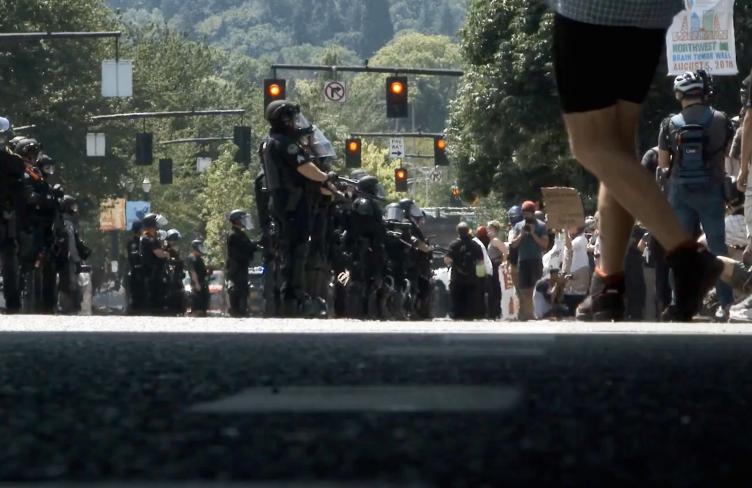
Slowly but surely, there have been positive developments in the protection of human rights in the Pacific Islands in the past few months. With Vanuatu and Nauru now both States Parties to the UN Convention Against Torture and Other Cruel, Inhuman or Degrading Treatment or Punishment (UNCAT), and the latter adopting the Optional Protocol to the Convention Against Torture (OPCAT) (January 2013), there appears to be an increasing interest in the prevention of torture in the region.
Shortly before Nauru’s welcomed accession to the OPCAT, Tonga underwent its second cycle of the Universal Periodic Review (UPR) on 21 January, 2013. During this session, seven States expressly recommended that Tonga ratify the UNCAT, while six others recommended ratification of the core human rights treaties generally; both significant jumps from similar recommendations in Tonga’s previous UPR session in 2008.
In 2008, Tonga supported the recommendations made by States for ratifying the UNCAT. Unfortunately, Tonga has been unable to do much in the way of implementing these recommendations and it gives two reasons for this in its national report. One, that its resources are too limited to set up the enforcement mechanisms it shall be obliged to develop once it ratifies UNCAT. Two, that the issue of torture is effectively addressed by its domestic laws. It goes on to state that the UNCAT, even though not ratified by Tonga, is given due consideration by the courts as being part of customary international law.
This year, Tonga again supported the recommendations to ratify the UNCAT. However, strong political will is necessary for this pledge to translate into positive action.
The question is, are capacity constraints really a good enough reason for States not to ratify the treaties? It is widely misunderstood that limited capacity of a State is justification for non-ratification. This is largely because alternatives to such constraints have not been properly explored. It is true that, under the UNCAT, preparation of the State report and travelling to Geneva for review before the Committee against Torture can be burdensome. But it is equally true that technical assistance may be available to States through several different channels, such as the OHCHR, donors, and relevant NGOs. Additionally, in its last session, the Committee on the Rights of the Child (CRC), reviewed Tuvalu by videoconference, establishing precedent in the treaty body system for this type of review. This reflects willingness on the part of treaty bodies to introduce flexibility in review procedures to accommodate States that are willing but not able to participate.
As for a State’s obligations under the OPCAT, there are no reporting requirements. Instead, there is a need to establish a National Preventive Mechanism (NPM) for detention monitoring purposes. There is a high degree of flexibility in this as well, in that a State has the autonomy to decide how an NPM is established, how it is funded and its functions.
Capacity constraints of small island States such as Tonga are a significant obstacle to implementation and enforcement of torture prevention mechanisms under the UNCAT/OPCAT. However, in the current climate of torture prevention worldwide, capacity constraints no longer mean that ratification of the UNCAT/OPCAT is not a realistic target. With more States concerned about Tonga not being a party to the Convention, there is an argument to be made to such States to extend financial and technical assistance to Tonga, or other States that may not have the necessary resources to meet treaty obligations. With such alternative solutions available to the oft-cited reasons for not ratifying the Convention against Torture, is the problem perhaps that Tonga simply does not have the political will to commit to torture prevention?
The key is to continue lobbying for ratification to ensure that more and more States commit to meeting international standards for torture prevention and make the non-derogable prohibition on torture a reality. If, as stated in its national report, Tonga’s justice system really is as effective as it claims, much more investment would not be required on its part to mould its system to meet international standards.
Maryam Haq is an intern with the APT UN & Legal programme
